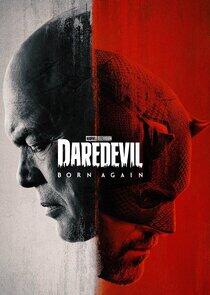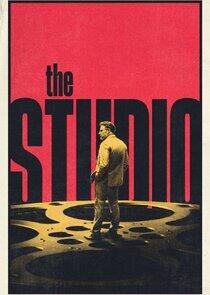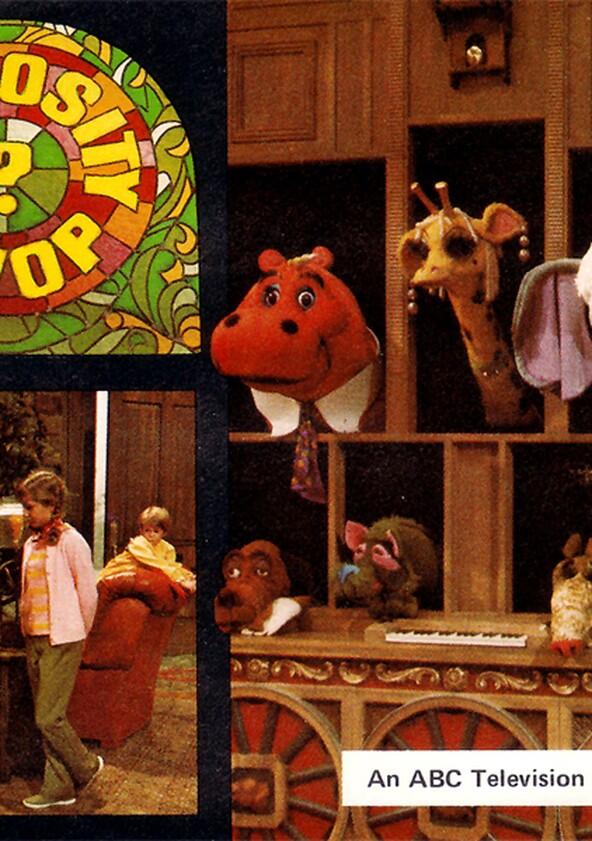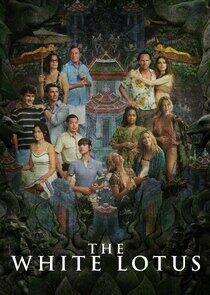
Chuck Jones
Jones started his career in 1933 alongside Tex Avery, Friz Freleng, Bob Clampett, and Robert McKimson at the Leon Schlesinger Production's Termite Terrace studio, the studio that made Warner Brothers cartoons, where they created and developed the Looney Tunes characters. During the Second World War, Jones directed many of the Private Snafu (1943–1946) shorts which were shown to members of the United States military. After his career at Warner Bros. ended in 1962, Jones started Sib Tower 12 Productions and began producing cartoons for Metro-Goldwyn-Mayer, including a new series of Tom and Jerry shorts (1963–1967) as well as the television adaptations of Dr. Seuss's How the Grinch Stole Christmas! (1966) and Horton Hears a Who! (1970). He later started his own studio, Chuck Jones Enterprises, where he directed and produced the film adaptation of Norton Juster's The Phantom Tollbooth (1970).
Jones's work along with the other animators was showcased in the documentary Bugs Bunny: Superstar (1975). Jones directed the first feature-length animated Looney Tunes compilation film, The Bugs Bunny/Road Runner Movie (1979). In 1990 he wrote his memoir, Chuck Amuck: The Life and Times of an Animated Cartoonist, which was made into a documentary film, Chuck Amuck (1991). He was also profiled in the American Masters documentary Chuck Jones: Extremes & Inbetweens – A Life in Animation (2000) which aired on PBS.
Two Warner Brothers cartoons that Jones directed, For Scent-imental Reasons and So Much for So Little, won Academy Awards for Best Animated Short Film, though at this time it was customary for the statuette to be given to a cartoon's producer, not the director. Jones did not receive a Best Animated Short Film Oscar of his own until winning for the The Dot and the Line in 1966. Robin Williams later presented Jones with an Honorary Academy Award in 1996 for his work in the animation industry. Film historian Leonard Maltin has praised Jones's work at Warner Bros., MGM and Chuck Jones Enterprises. In Jerry Beck's 1994 book The 50 Greatest Cartoons, a group of animation professionals ranked What's Opera, Doc? (1957) as the greatest cartoon of all time, with ten of the entries being directed by Jones including Duck Amuck (1953), Duck Dodgers in the 24½th Century (1953), One Froggy Evening (1955), Rabbit of Seville (1950), and Rabbit Seasoning (1952).
Biography from the Wikipedia article Chuck Jones. Licensed under CC-BY-SA. Full list of contributors on Wikipedia.
Part of Crew
Recently Updated Shows

MobLand
With the most powerful clients in Europe, MobLand will see family fortunes and reputations at risk, odd alliances unfold, and betrayal around every corner; and while the family might be London's most elite fixers today, the nature of their business means there is no guarantee what's in store tomorrow.
MobLand follows two generations of gangsters, the businesses they run, the complex relationships they weave and the man they call upon to fix their problem.

Daredevil: Born Again
Matt Murdock finds himself on a collision course with Wilson Fisk when their past identities begin to emerge.

The Studio
As movies struggle to stay alive and relevant, Matt and his core team of infighting executives battle their own insecurities as they wrangle narcissistic artists and craven corporate overlords in the ever-elusive pursuit of making great films. With their power suits masking their never-ending sense of panic, every party, set visit, casting decision, marketing meeting, and award show presents them with an opportunity for glittering success or career-ending catastrophe. As someone who eats, sleeps, and breathes movies, it's the job Matt's been pursuing his whole life, and it may very well destroy him.


